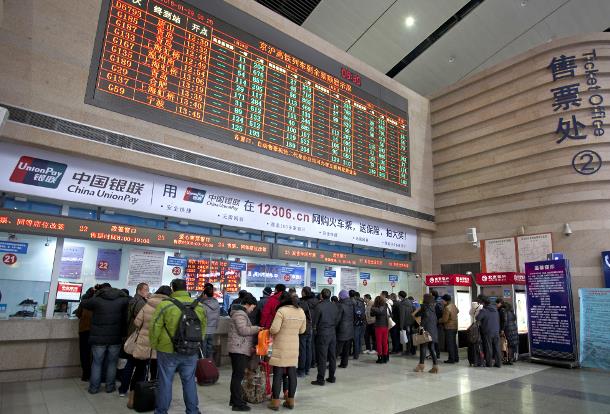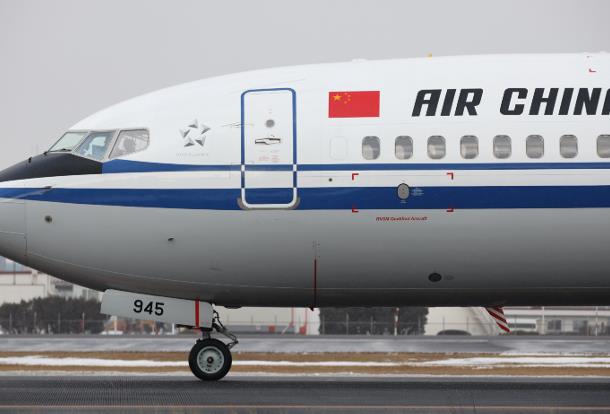ChinaTravelNews - Air China is planning to implement a policy to show ticket prices on boarding passes in a bid to regulate airfare pricing. This move will further squeeze ticketing agents’ profit margin.
China’s airlines and GDS Travelsky have already implemented ticket verification with the advent of e-tickets. Customers can search ticket information on their own using the ticket verification code issued for e-tickets and check if the actual ticket price is the same as the agent’s quoted price. However ticketing agents still exploit certain gaps for their benefit. For example:
1. Paid and switch: A customer pays full price for a round-trip ticket and has the pricing information verified after the ticket is issued. Then when a lower price option becomes available, the agent can cancel the original ticket and rebook for the same journey using the discounted option. Needless to say the agent will pocket the difference in the ticket prices.
2. Corporate rip off: Business travelers prefer flexibility in scheduling and would rather pay full fare for rescheduling options. Many of them have set purchasing habits and contracts with ticket agents and don’t bother to verify tickets. This enables agents to purchase at wholesale prices and charge retail prices with markup going directly to the agents.
3. First class skimming: Tickets for first class and business class are generally significantly higher than coach class, but it is still possible to enjoy discounted fare, and get a RMB2,000 business class ticket for RMB1,500, for example. Again agents can slip full prices to non-price-conscious first class or business class passengers and pocket the difference.
However it will be hard for agent to continue these practices when ticket prices are printed on boarding passes. When passengers see the actual prices on their boarding passes they can clearly see the difference and contact Air China to report agent malpractice.
With increasing regulation in the industry, ticketing agents will find it difficult to survive on unscrupulous means. Instead they have to innovate in products and services in order to stay afloat.
(Editorial by ChinaTravelNews columnist Jiangyun Ning)
(Translation by David)




